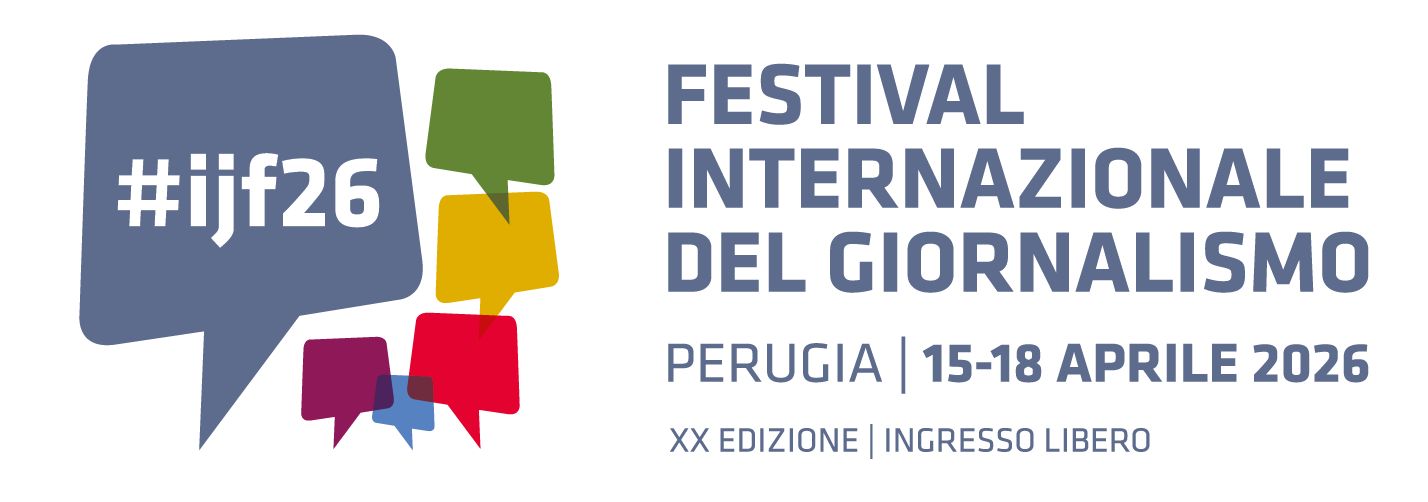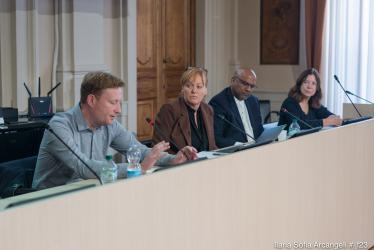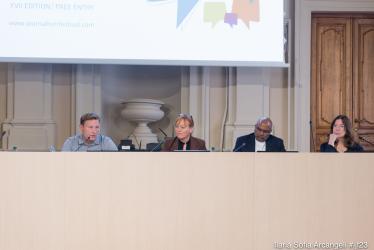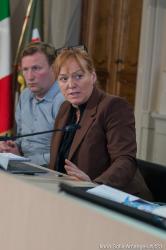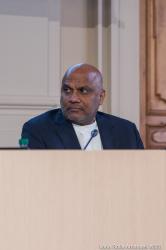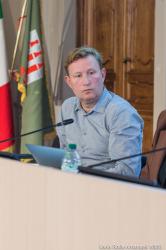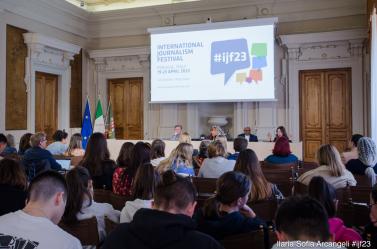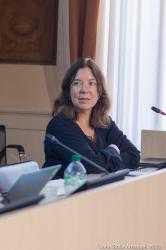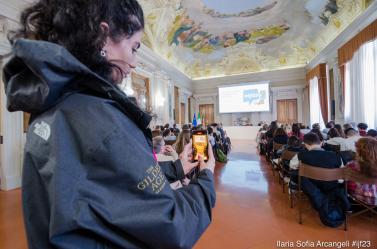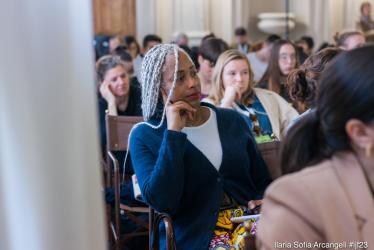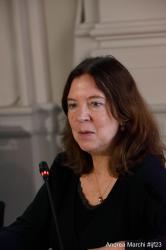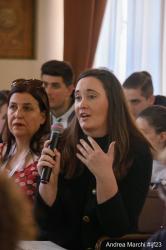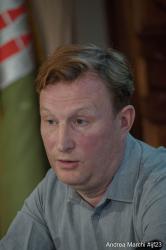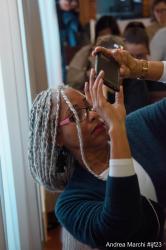How elevating diverse voices and perspectives drives impact in global development and human rights reporting. A case study on foreign reporting from The Guardian.
How can international reporting fully reflect the experiences and engage with the viewpoints of the people we report on? And how does that approach help drive impact and reach? In 2010, with philanthropic support, The Guardian became the first global news organisation with an editorial desk dedicated to reporting about and for the developing world. In 2020, as part of the global development section, it launched a series called Rights & Freedom and became the first with a dedicated human rights reporting team. Both Global Development and Rights & Freedom were launched with the mission of exposing under-reported rights violations and raising the voices of those neglected by other media.
With such focus, global development and human rights reporting at The Guardian has delivered ground-breaking investigations into abuses in the garment industry, given centre stage to trafficked Ukrainian women, a voice to Somali refugees and shone a light on state capture and corruption. Central to the success of all of this reporting has been the deliberate expansion of diverse, indigenous reporting and development of a new model of international media partnership, which began with a collaboration with Rukshana Media, an all-female reporting collective in Afghanistan, in Africa and parts of Latin America and Asia.
Join Guardian, BBC and Intelligent Sanctuary editors, writers and collaborators as they share insights into how they navigate and define the wide remit of such foreign reporting; effective approaches to indigenous reporting and partnerships; editorial decision-making on collaborative projects, considerations of duty of care for reporters and photographers; and how much concern for real world impact they believe should be at the centre of journalism.
Sponsored by The Guardian.
